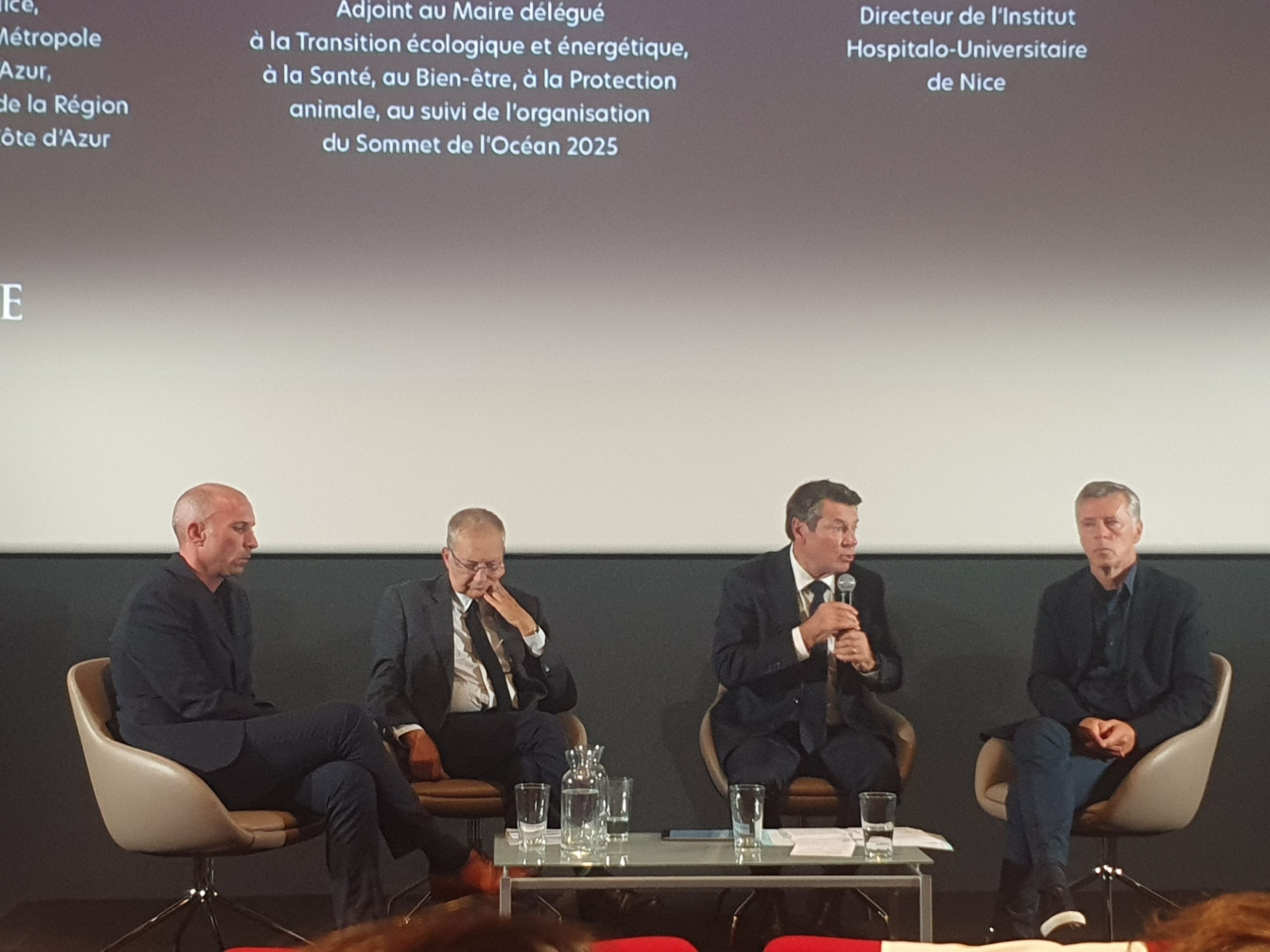During a screening-debate around Yann Arthus-Bertrand’s documentary Legacy, Nice initiated a reflection on climate change. This reflection addresses both its local and global stakes. The event provided an opportunity to review the actions taken to combat this phenomenon. However, it also highlighted the difficulties in achieving the set goals.
During the screening of excerpts from the film Legacy by Yann Arthus-Bertrand, a debate was organized in Nice. The mayor of Nice, Christian Estrosi, and Richard Chemia, deputy delegate for ecological transition, participated. The city invited experts Paul Hofman and Pierre Sicard, as well as citizens, to consider solutions for climate change. The discussions focused on the global environmental crisis and local actions, including Nice’s climate plan. Although advances were highlighted, major challenges remain, such as reducing greenhouse gas emissions.
An Urgent Global Climate Challenge, A Collective Challenge
The film Legacy by Yann Arthus-Bertrand served as a starting point for exchanges on the current climate situation. The main speaker admitted that despite the efforts deployed globally, there is no single solution to curb climate change. He also highlighted the declining birth rate observed in several regions of the world, notably in China and America, which could alter the demographic pressure on natural resources. This phenomenon, while positive in terms of environmental impact, raises other questions related to the evolution of societies.
The speakers, including Mayor Christian Estrosi and experts like Paul Hofman and Pierre Sicard, also discussed unexpected natural phenomena, such as the melting of the poles, which could paradoxically lead to a temporary cooling in certain regions like Northern Europe, contradicting the forecasts of constant warming. This illustrates how complex the climate situation is and the need for a humble and nuanced approach.
Nice Facing the Climate Challenge: Local Actions to be Applauded
During the discussion, a central point was the presentation of efforts made by the city of Nice as part of its climate plan. Concrete actions, particularly in sustainable mobility and greening, were highlighted. The improvement in air quality due to these measures was praised. Data shows that the city complies with the European thresholds for air pollution, particularly concerning fine particles (PM2.5).
Richard Chemia admitted that the city is behind in reducing greenhouse gases. This goal is essential but difficult to achieve. He specified that this delay concerns all major metropolises in France and Europe, not just Nice.
Possible Sanctions, but Focus on Social Support
Another aspect discussed was the issue of sanctions. Low emission zones (LEZs) impose strict criteria on vehicles circulating in the city, with potential penalties for non-compliance. However, the city of Nice seeks to avoid a too punitive approach, especially towards the most modest residents who cannot afford to replace their vehicle. Measures are being studied to help citizens adapt to new environmental requirements.
A Call for Cooperation and Mobilization
The debate also highlighted the importance of international cooperation in addressing global environmental challenges. The Nice Observatory, involved in international missions like ERA, was given as an example. ERA aims to protect Earth from asteroid threats. This example illustrates what humanity can achieve by working collectively.
The screening-debate concluded with a call for collective mobilization, both locally and globally. Participants emphasized the need to continue efforts to reduce greenhouse gas emissions while encouraging public debate and citizen engagement.


